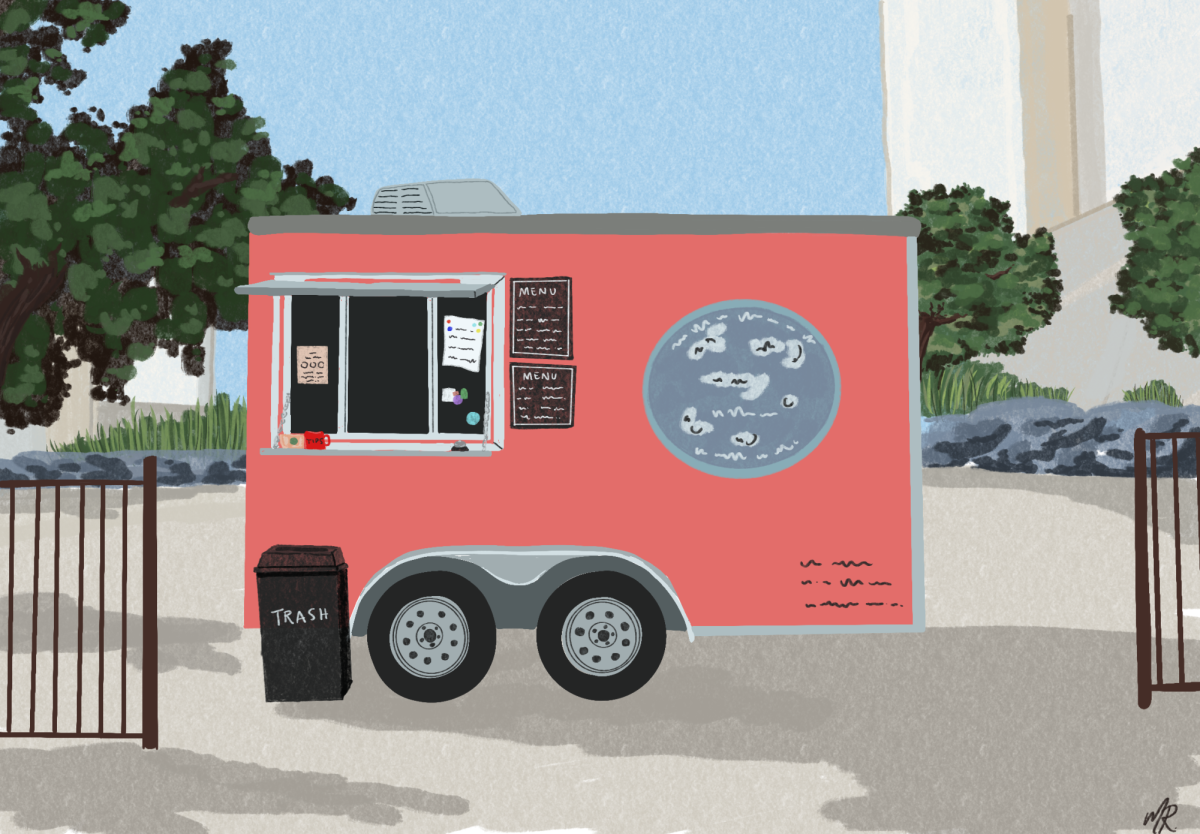“Hey man, you interested in startups?”
That is all it took to get me hooked. Two years later, I would become the director of the Longhorn Entrepreneurship Agency, LEA, completely consumed by buzzwords and catchphrases that are all too familiar to me now. “Student-run entrepreneurship ecosystem,” “making our student entrepreneurs as celebrated as our student athletes” and “entrepreneurship is for everyone.” That last one still gives me pause because I want to believe it more than anything — it aligns with LEA’s mission and that of every other entrepreneurial student organization out there.
The problem is that it isn’t true — not yet, at least.
At every LEA, Convergent, Blackstone Launchpad, Herb Kelleher Center and Genesis Program event, program and competition, there are twice as many men as women. Even on our own teams, which prioritize diversity in the selection process, that ratio holds. Our events, while completely open to the entire student body, are attended by majors from the business school, CS and — that’s about it. We rarely see a design major, much less a student from a health-related field or the performing arts.
Diversity at these events is not an empty statistic — it matters. I could quote acclaimed business writer Stephen Covey and say “strength lies in differences, not in similarities” or cite dozens of studies which demonstrate that diversity and inclusion drive innovation and early venture growth. The truth is, I don’t need to — just think of the most stereotypical McCombs snake with a million-dollar app idea who is just one developer working for free away from becoming the next Mark Zuckerberg. That was me in freshman year, so I won’t pretend that students like me don’t exist. Over and over, at startup competitions and pitches for funding on campus, the teams that succeed (and go on to build cool things) are the ones that have multiple majors, diverse skills and divergent backgrounds represented on their teams. These teams can rely upon each other to fulfill the distinct roles of proto-startups, selling and building, rather than relying upon outsourcing or never building anything at all.
“But wait, why can’t I just handle the business side? I’m no good at coding,” the aforementioned McCombs snake might add. First, I might direct him to the lovely Facebook group, “I can handle the business side,” which points out the most hilarious examples of suits seeking code monkeys. Next, I might let him know that the majority of minimum viable products (the first thing a startup might show prospective customers) take no code at all and can be spun out of landing pages and toolkits designed for people with limited programming experience.
But most importantly, I would return to the crux of the issue — entrepreneurship should be for everyone.
It must be the core responsibility of each one of the organizations in our vibrant ecosystem to do more to make entrepreneurship more inclusive, if only because entrepreneurship is at its best when it includes every kind of individual. Entrepreneurship is for designers interested in how users interact with products, MBA candidates who want to open a food truck, engineers tinkering with running shoe implants, kinesiology majors who want to educate elementary school students, CS students interested in venture capital and yes, McCombs students who like to sell things.
Perhaps most importantly, entrepreneurship could be for you. You don’t have to want to be the next Steve Jobs, or even want to join a founding team — you just have to be interested in helping to start something here that changes the world. The individuals who make our ecosystem so vibrant often don’t have companies of their own; they’re simply committed to helping the teams who do and inspiring the dreamers who might one day. Consider joining the Genesis Program, a new organization which provides mentorship and up to $5,000 in non-dilutive grants (Read: free money!) to student-led startups. Come to an LEA event. We hosted over 55 entrepreneurship events in the span of five days last month. Head to the CoLab, UT’s first coworking space that’s open 24/7, at 2609 University Avenue, to connect with student entrepreneurs. Stop by the new Blackstone Launchpad in the FAC to meet with student and professional mentors. Check out the list of dozens of other organizations and departments devoted to entrepreneurship that the Herb Kelleher Center compiled online.
So, the next time you see a friend post about an event that you are at least the slightest bit interested in, go. Entrepreneurship is for everyone, and I know there’s a place for you in our community.
Miyares is a business honors junior.













